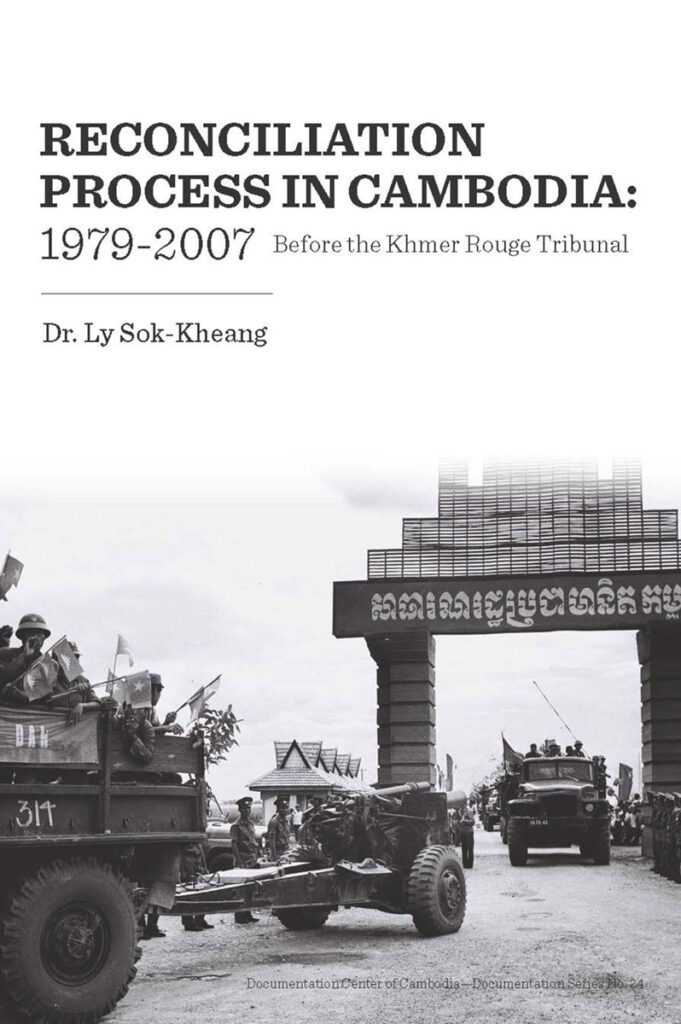This dissertation attempts to fill some gaps in the reconciliation literature by presenting evidence that both state and non-state actors initiated practices to restore relationships between former adversaries after Cambodia’s 1975-1979 genocide ended. Their wide-ranging methods included exercising forgiveness, promoting peaceful co-existence, seeking justice, and acknowledging contrition and other expressions of individual culpability.
Both primary and secondary documents were analysed and nearly one hundred interviews conducted for this research, which concludes that the combination of macro (state) and micro (individual, community) reconciliation efforts permeated every facet of society. They provided Cambodians the opportunity and means to seek out peace of mind, and in doing so, possibly the capacity to forgive the wrongdoers. In the Cambodian context, forgiveness is not given in exchange for an apology. Rather, it is earned through changed behavior.
Rather than relying solely on political rapprochement or the retributive justice of the Extraordinary Chambers in the Courts of Cambodia, Cambodians took a wide variety of socio-political, cultural, legal, educational and traditional approaches and adapted them to their specific circumstances. As a result, the sporadic post-genocide vengeance meted out between former adversaries immediately after the fall of Democratic Kampuchea was replaced by the rule of law, a collective sense of humanity, a shared victimhood, the flourishing of religions and the memorialisation and teaching of Khmer Rouge history.
This dissertation contributes to a fuller understanding of the overall reconciliation process. The actions Cambodians took to heal can serve as a model for other post-conflict societies searching for reconciliatory approaches that fit their distinct cultures and religions, despite the inevitable challenges of socio-political instability.
Funding for this project was generously provided by Unites States Agency for International Development (USAID).

